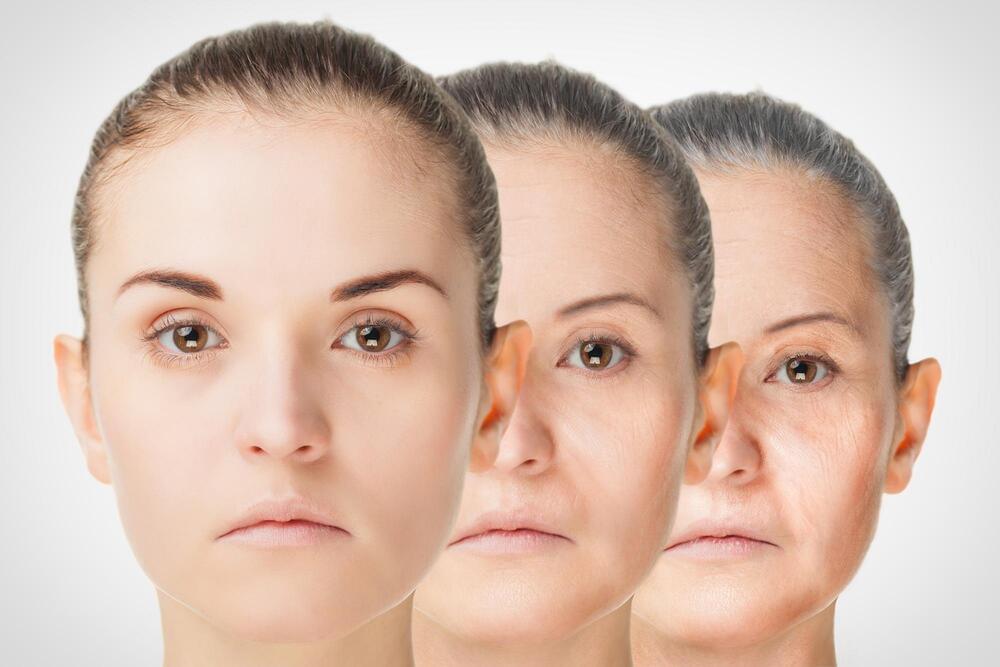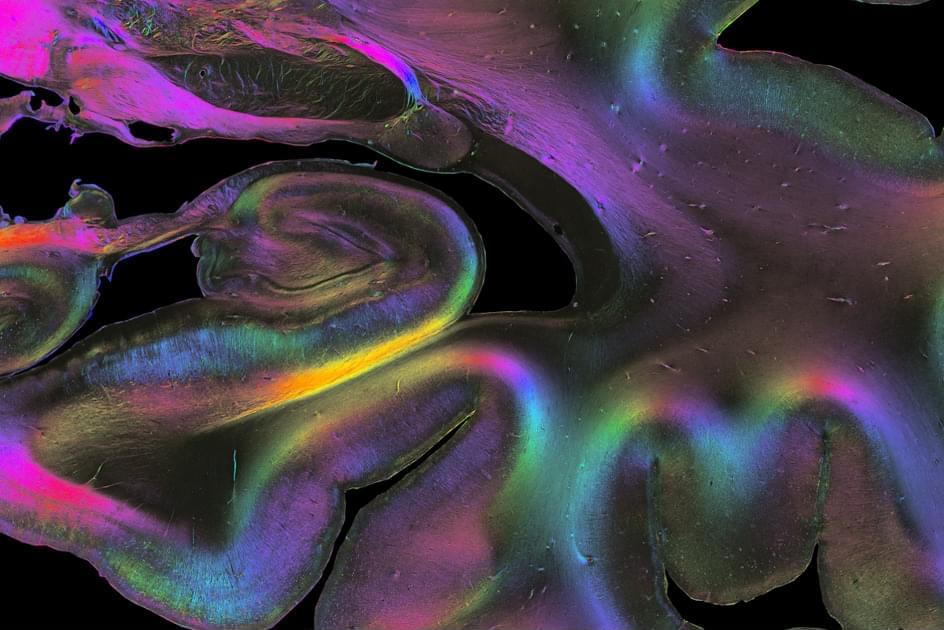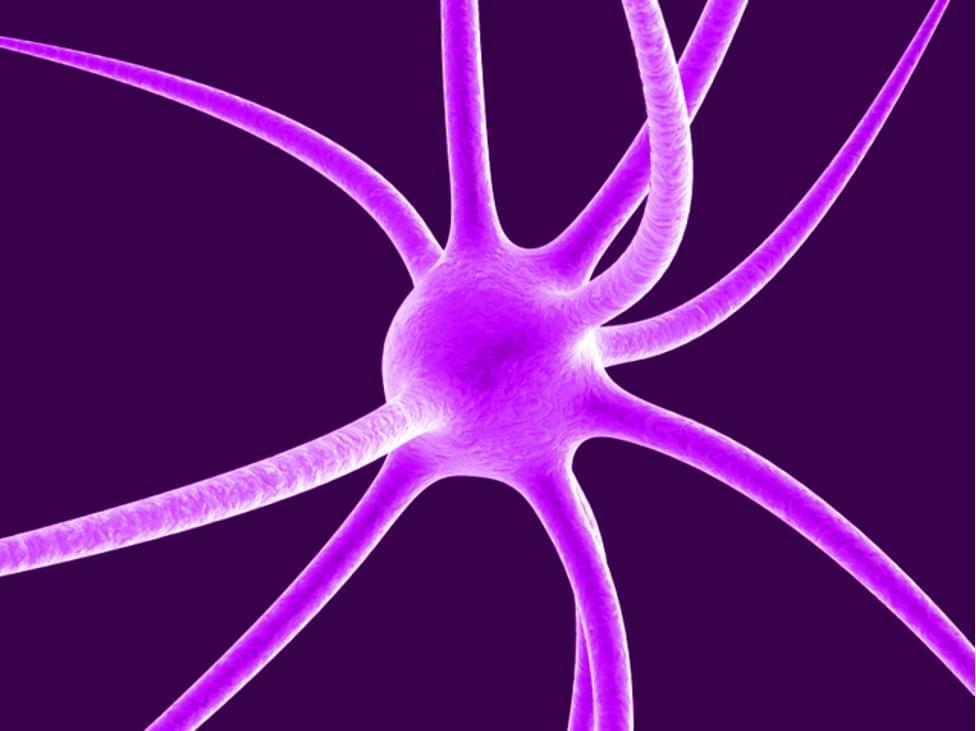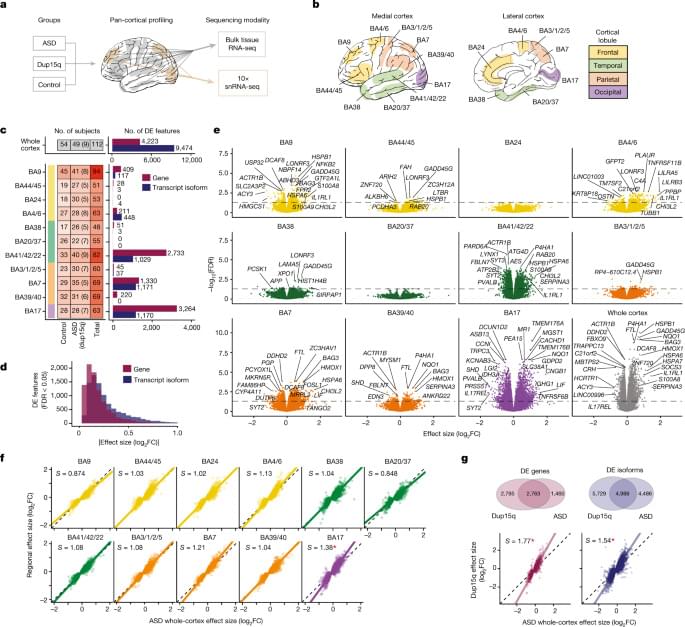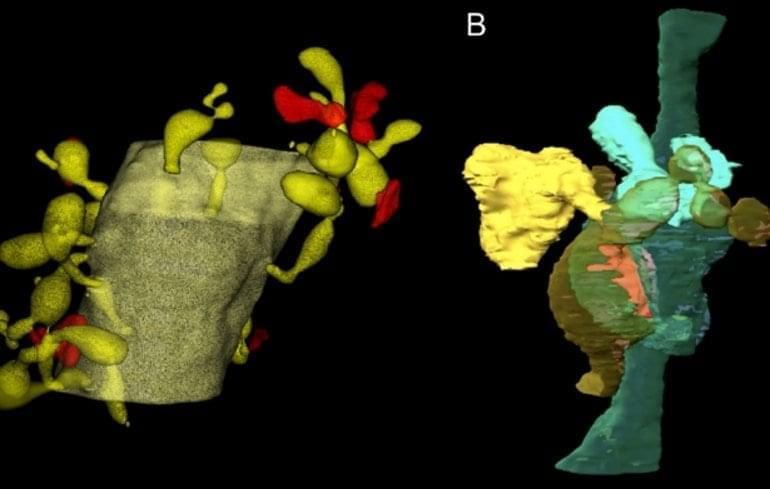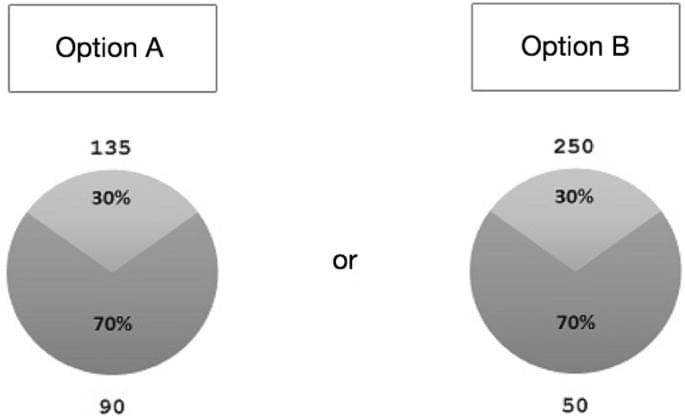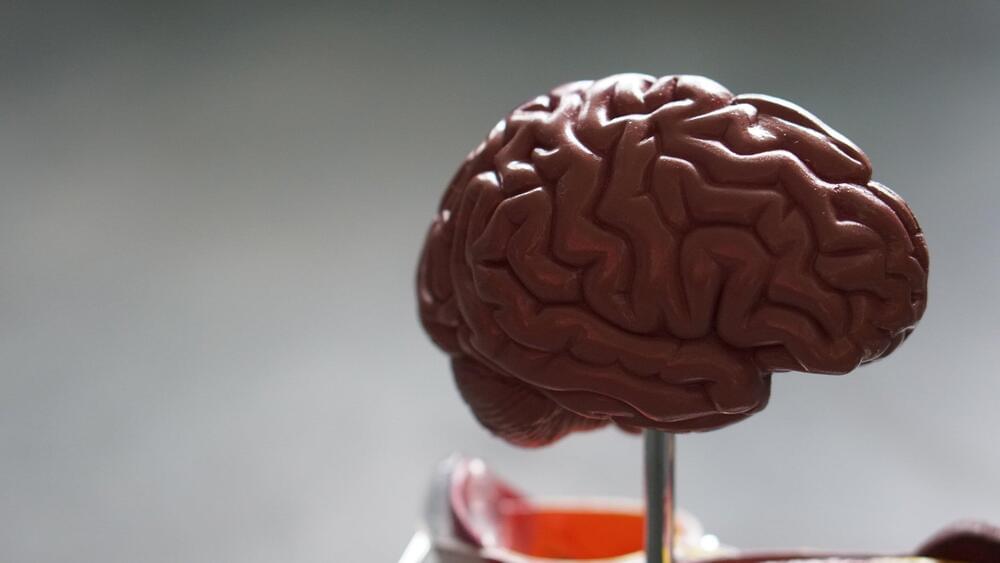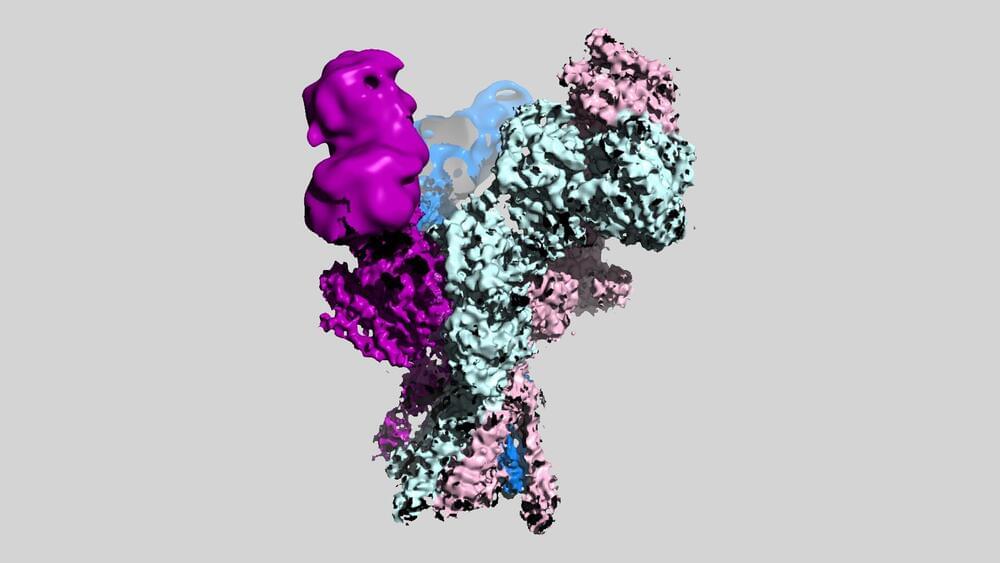A multinational team headed by University College London scientists has discovered a new mechanism that slows down and maybe even prevents the normal aging of immune cells, one of the nine “hallmarks of aging.”
The discovery in-vitro (cells) and validated in mice was “unexpected,” according to the researchers, who believe harnessing the mechanism might extend the life of the immune system, enabling people to live healthier and longer lives, and would also have therapeutic use for diseases such as cancer and dementia. Their findings were recently published in the journal Nature Cell Biology.
Explaining the study, lead author, Dr. Alessio Lanna, Honorary Professor at UCL Division of Medicine, said: Immune cells are on constant high-alert, always ready to fight pathogens. To be effective they also must persist for decades in the body – but the strategies employed to execute this life-long protection are largely unknown.
